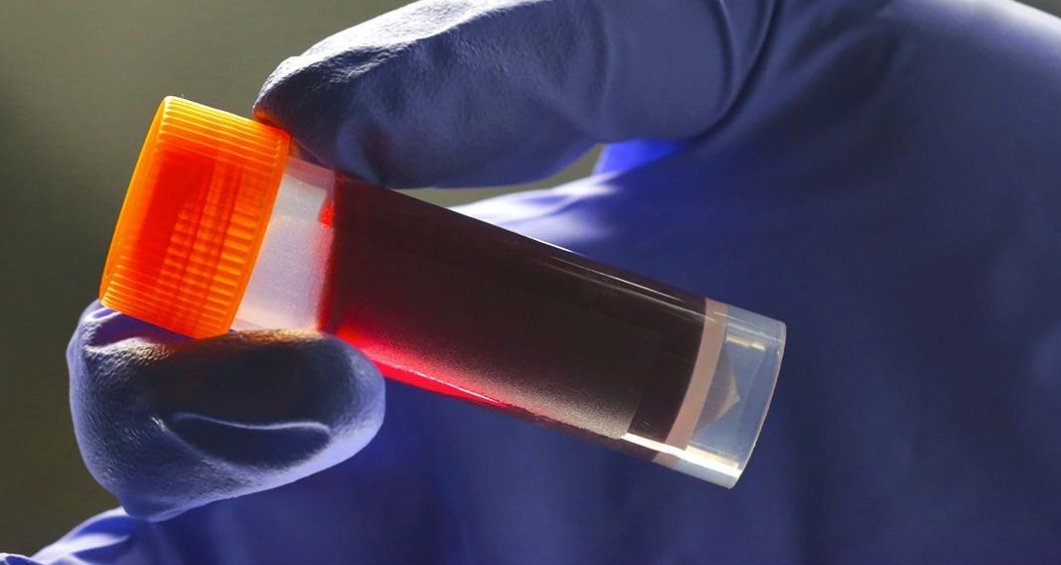For decades, researchers have explored how blood types may influence the risk of various diseases, from heart problems to infections and even certain cancers. Recent studies now suggest that blood type could play a modest role in determining the risk of some cancers. However, these findings don’t imply that anyone is either “safe” or “doomed” — they simply highlight patterns worth considering.
Across numerous large-scale studies and meta-analyses, one blood type consistently appears to show a slight advantage: people with blood type O seem to have the lowest overall cancer risk compared to those with A, B, or AB blood types.
The connection, first noted in older research, has been reinforced by recent studies involving tens of thousands of patients worldwide. Researchers have focused on the ABO blood system — the most common blood classification — and analyzed its relationship with cancer incidence. While the trend is noticeable, it is subtle enough that it shouldn’t guide lifestyle decisions. Still, the findings are intriguing and could eventually help scientists understand how the immune system, inflammation, and cell growth interact.
What Does the Evidence Show?
Gastric (stomach) cancer exhibits one of the most robust associations with blood type. Multiple studies, including those published in BioMed Central and PLOS, found that people with blood type A or AB are at higher risk for gastric cancer compared to those with blood type O. This may be linked to how certain blood antigens interact with Helicobacter pylori, a bacterium known to cause ulcers and increase the risk of stomach cancer. Antigens in type A blood might make it easier for this bacteria to attach to the stomach lining, leading to chronic inflammation that can eventually cause cancer.
Similarly, pancreatic cancer follows a comparable trend. Data from the National Institutes of Health and other peer-reviewed sources show that people with non-O blood types (A, B, or AB) have a moderately higher risk than those with type O. Again, the proposed explanation involves inflammation and immune response, with blood antigens possibly influencing how the immune system identifies or fails to identify abnormal cell growth.
When it comes to colorectal cancer, evidence is less clear. Some research suggests a slightly higher risk for people with type A, while other studies find no notable difference. The same inconsistency applies to breast, prostate, and lung cancers, where the results are often weak and not statistically significant. One major study found no connection at all between blood type and breast cancer risk or survival, suggesting that while blood type might influence some cancers, it is far from a universal pattern.
Interestingly, some populations show variations. For example, in a Chinese cohort study, men with blood type B had a lower risk of gastrointestinal cancers than those with type A. Geography, diet, genetics, and lifestyle all appear to affect how these associations play out.
Interpreting the Findings
Researchers assess the strength of these links using the odds ratio (OR), which measures how much more likely an event is in one group compared to another. For gastric cancer, one large meta-analysis found that people with blood type A had a 19% higher risk than those with blood type O (OR of ~1.19). While statistically significant, this is still a relatively small difference. To put it in perspective, smoking or heavy alcohol consumption increases cancer risk by much larger margins.
Practical Takeaways
Blood Type is Not Destiny: Having blood type O doesn’t make you immune to cancer, nor does having A, B, or AB seal your fate. These are statistical trends, not guarantees. Lifestyle choices, genetics, and environment matter far more.
Cancer Risk is Complex: A variety of factors, including diet, exercise, alcohol consumption, exposure to carcinogens, and family history, influence cancer risk much more than blood type. Blood type may contribute slightly, but it is only one factor among many.
Potential Biological Mechanisms: Researchers are studying why these links exist. One possibility is that blood type antigens influence cell adhesion, immune signaling, and the body’s ability to recognize abnormal cells. These antigens could also affect how easily tumors grow or avoid detection. Another area of research is the gut microbiome, which varies depending on blood type and may impact inflammation and carcinogen processing.
Not All Cancers Are Affected: Some cancers, like leukemia, skin cancer, and breast cancer, show no correlation with ABO blood group. For those cancers where blood type does appear to play a role, the strength of the connection varies across studies and populations.
What Does This Mean for You?
Blood type O is Slightly Favorable: While blood type O shows a small statistical advantage for certain cancers, it’s not a guarantee of protection. Cancer risk is shaped by many other factors.
Lifestyle Matters Most: Smoking, alcohol use, weight management, exercise, and diet all have a far more significant impact on cancer risk than blood type. A healthy lifestyle and regular screenings are the best defense.
No Need for Extra Worry Based on Blood Type: Although these findings are intriguing, they should not prompt changes to cancer screening guidelines or treatment. Blood type alone doesn’t dictate cancer risk. Prevention, awareness, and healthy habits remain paramount.
